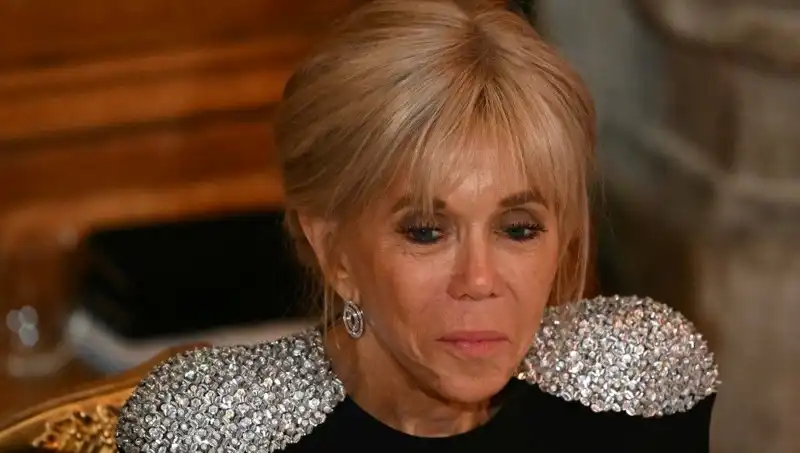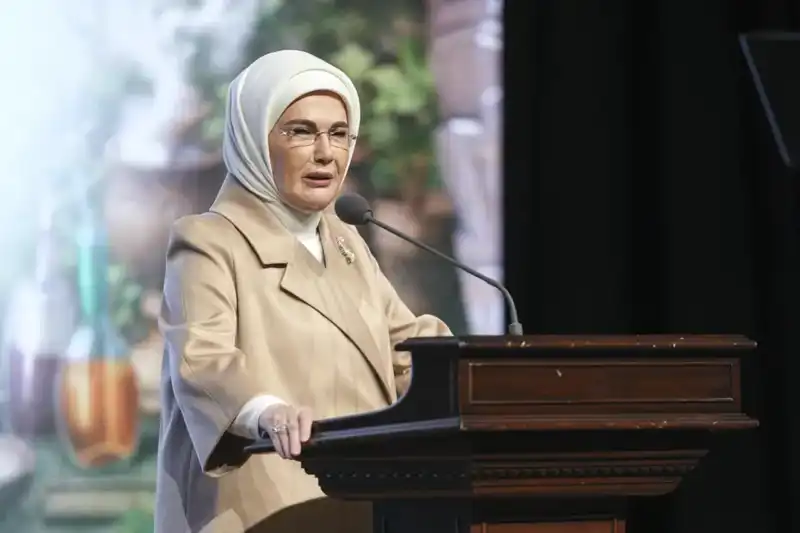First Lady davasında dikkat çeken gelişme: "Erkek olarak doğdu" yalanına beraat kararı!
First Lady davasında önemli bir karar verildi; "erkek olarak doğdu" iddiaları asılsız bulundu.

Recent developments in the high-profile case concerning the First Lady have left many observers surprised. The allegations that claimed she "was born male" have been officially dismissed by the court, leading to a significant shift in public perception regarding not only the First Lady herself but also the implications surrounding gender identity and legal definitions. This case, which has captured the attention of both media and the public, raises important questions about societal norms and legal frameworks surrounding gender identity.
Berat Kararının Ardındaki Süreç
The trial began several months ago after a series of allegations surfaced, suggesting that the First Lady was not who she claimed to be. The case drew significant media attention, sparking debates across social platforms and news outlet discussions regarding gender identity and the rights of transgender individuals. Throughout the proceedings, the defense argued vigorously that the allegations were unfounded and motivated by political stigmatization rather than factual evidence. Witness testimonies and expert opinions played a crucial role in dismantling the claims that she was "born male." The evidence provided by medical professionals, as well as personal testimonies from the First Lady herself, led to a thoughtful deliberation on the subject.
Sosyal ve Hukuki Etkileri
The court's decision to acquit the First Lady has far-reaching implications for how society perceives gender identity, especially within the realms of law and politics. The ruling underscores the importance of basing legal decisions on factual information and not on societal prejudices or unsubstantiated claims. Activists and advocates for transgender rights celebrated the court's decision as a victory against discrimination and misinformation. Legal experts suggest that this case may pave the way for more informed discussions and policies regarding gender identity rights, potentially influencing future legislation.
In conclusion, the First Lady's case exemplifies the complexities surrounding gender identity issues and the necessity for a balanced legal framework that accommodates all individuals, regardless of gender. The dismissal of the allegations serves as a reminder of the importance of supporting and protecting the rights of marginalized communities, and it is crucial for society and lawmakers to continue fostering an environment of inclusion and understanding. This ruling not only exonerates the First Lady but also sends a clear message about the importance of truth and dignity in the conversation around gender identity.









